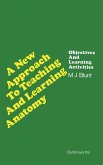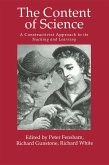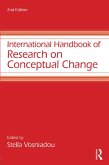The main objective of this monograph is to incorporate history and philosophy of science in the chemistry curriculum in order to provide students an overview of the dynamics of scientific research, which involves controversies, conflicts and rivalries among scientists, that is the humanizing aspects of science. A major thesis of this book is the parallel between the construction of knowledge by the students and the scientists. In looking for this relationship, it is not necessary that ontogeny recapitulate phylogeny, but rather to establish that students can face similar difficulties in conceptualizing problems as those faced by the scientists in the past. Given the vast amount of literature on students' alternative conceptions (misconceptions) in science, it is plausible to suggest that these can be considered not as mistakes, but rather as tentative models, leading to greater conceptual understanding. Just as scientists resist changes in the 'hard-core' of their beliefs by offering 'auxiliary hypotheses', students may adopt similar strategies. Conceptual change, in science education can thus be conceptualized as building of tentative models that provide greater explanatory power to students' understanding.
Dieser Download kann aus rechtlichen Gründen nur mit Rechnungsadresse in A, B, BG, CY, CZ, D, DK, EW, E, FIN, F, GR, HR, H, IRL, I, LT, L, LR, M, NL, PL, P, R, S, SLO, SK ausgeliefert werden.









